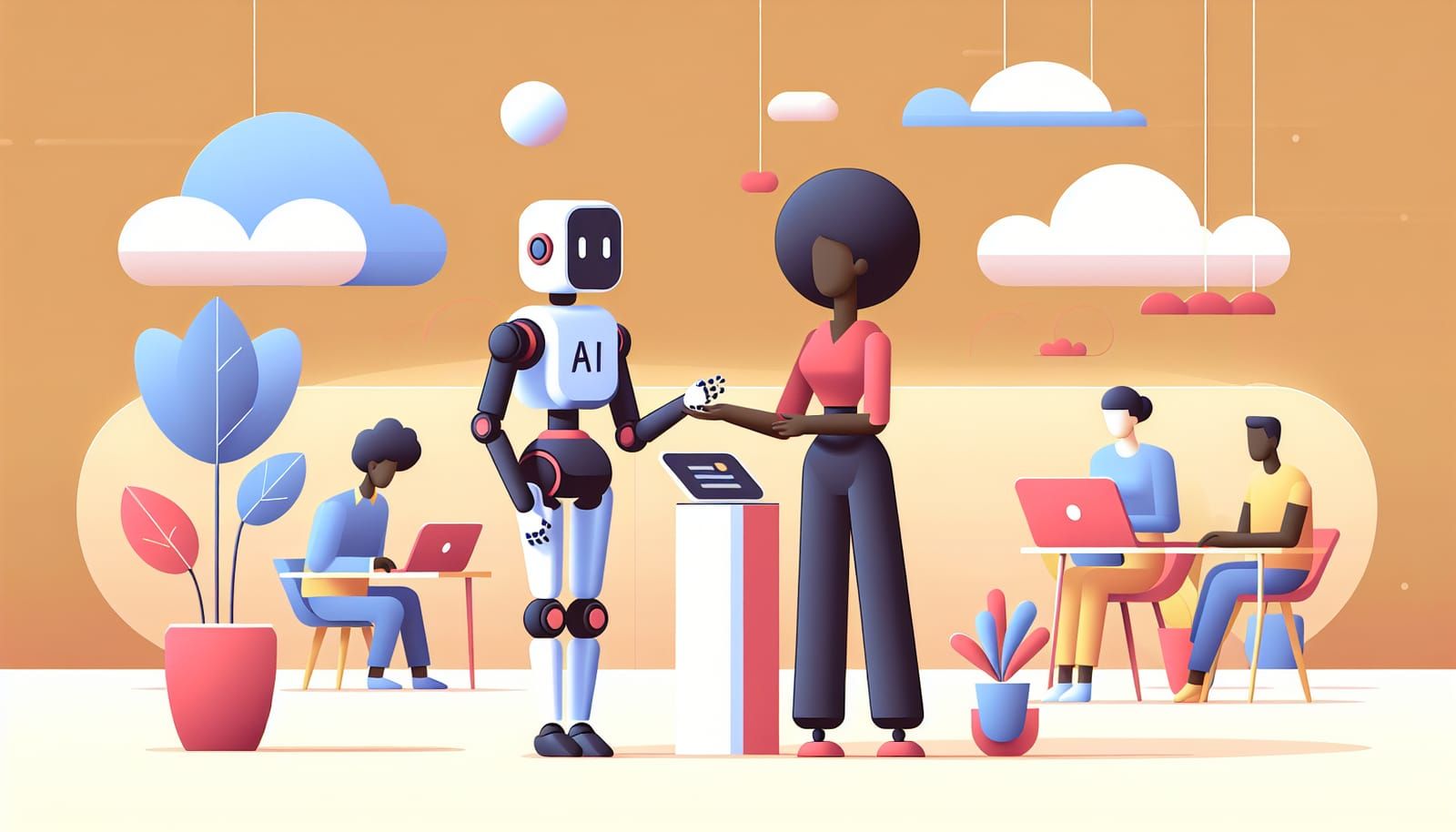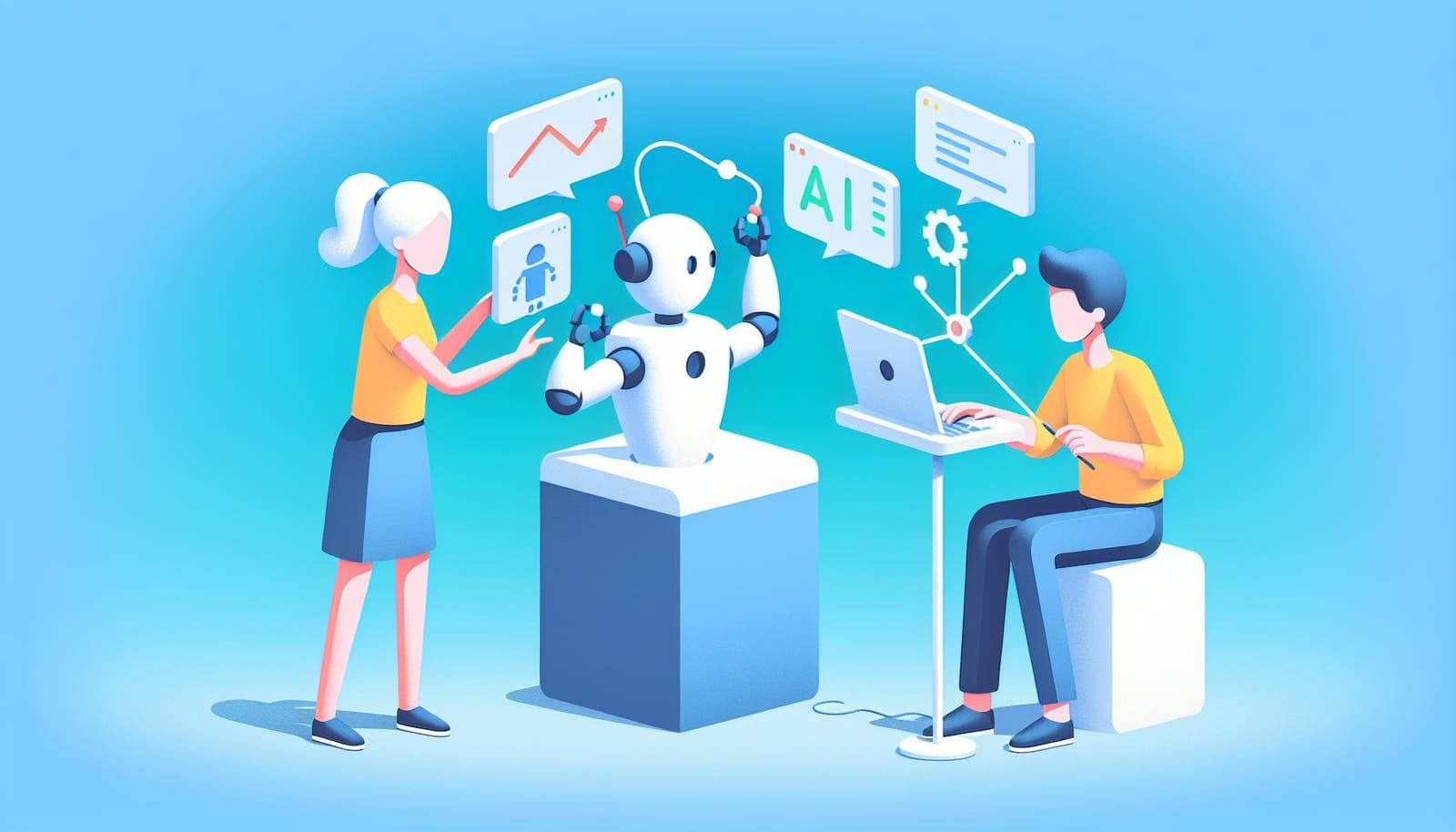In today’s digital world, we hear a lot about artificial intelligence (AI). It’s a buzzword that seems to pop up everywhere, from our phones to our homes. But what exactly makes AI different from regular software? In this article, we’ll explore the unique features of AI, how it works, and why it’s so exciting!
Understanding Regular Software
Before diving into AI, let’s first understand what regular software is. At its core, regular software is a set of instructions that tells a computer how to perform specific tasks. Think about the apps on your phone or the programs on your computer. They follow a series of pre-defined rules or algorithms to give you the results you want.
For instance, when you use a calculator app, it follows mathematical rules to give you the answer to your question. If you ask it to add 2 and 3, it knows to output 5 because that’s a fixed rule. Regular software is like a recipe—follow the steps, and you’ll get the same dish every time!
What is Artificial Intelligence?
Artificial Intelligence, on the other hand, is a bit more like a curious child learning to navigate the world. Instead of strictly following rules, AI uses data and experiences to improve over time. AI systems can learn from their mistakes, adapt to new information, and even make decisions on their own!
Imagine teaching your dog to fetch. At first, it might not understand the command, but with practice, it learns to associate “fetch” with bringing back the ball. Similarly, AI learns from data, making it capable of recognizing patterns and making predictions based on past experiences.
The Key Differences Between AI and Regular Software
Now that we have a basic understanding of regular software and AI, let’s dive into the key differences between the two.
1. Learning Ability
One of the most significant differences is AI’s ability to learn. While regular software operates using fixed rules, AI can improve its performance by learning from new data. For example, a spam filter in your email uses AI to learn which emails are spam based on user feedback. Over time, it becomes better at identifying unwanted messages!
2. Adaptability
AI systems can adapt to changing environments. Consider self-driving cars. They use AI to analyze real-time data from sensors and cameras to adjust their driving in response to traffic, pedestrians, and weather conditions. Regular software, however, would struggle in such dynamic situations since it relies on predefined instructions.
3. Decision Making
AI can make decisions based on the data it processes. For instance, AI can recommend movies on streaming platforms by analyzing your viewing history and preferences. Regular software, in contrast, can only present options based on set criteria without understanding your preferences.
The Magic of Machine Learning
One of the most exciting aspects of AI is a subset known as machine learning. Machine learning allows computers to learn from data without being explicitly programmed. Instead of writing rules for every possible scenario, developers provide AI with vast amounts of data, and it figures out the patterns on its own!
Imagine teaching a child to recognize animals. Instead of showing them a book with pictures and names, you take them to a zoo and let them observe. Over time, they learn to identify animals by their features. That’s how machine learning works!
AI in Everyday Life
AI is becoming a part of our daily lives in many surprising ways. Here are just a few examples:
Voice Assistants: Siri, Alexa, and Google Assistant help us with tasks, answer questions, and even control smart home devices. They learn from our interactions to provide better responses over time.
Personalized Recommendations: Ever wonder how Netflix knows what shows you might like? Its AI analyzes your watching habits and suggests content tailored just for you!
Healthcare: AI is revolutionizing healthcare by analyzing medical data to assist doctors in diagnosing diseases more accurately and quickly.
The Future of AI
As AI technology continues to develop, the possibilities seem endless. We could have smarter cities, more efficient transportation, and even AI companions that help reduce loneliness. However, with these advancements come responsibilities. It’s essential to ensure that AI is developed ethically and used for the benefit of everyone.
The Importance of Ethics in AI
Ethics in AI is a crucial topic that we must consider as we integrate this technology into our lives. Questions about privacy, bias, and accountability arise as AI systems become more sophisticated. It’s essential to ensure that AI is designed to treat everyone fairly and transparently.
In summary, AI is markedly different from regular software due to its learning ability, adaptability, and decision-making capabilities. While traditional software follows fixed rules, AI is like a dynamic learner, constantly evolving based on experiences and data.
As we embrace this technology in our daily lives, let’s also stay informed about its implications and ensure it serves to improve our world. The future of AI is bright, and with responsible development, it can lead us to incredible advancements that we can only begin to imagine!


